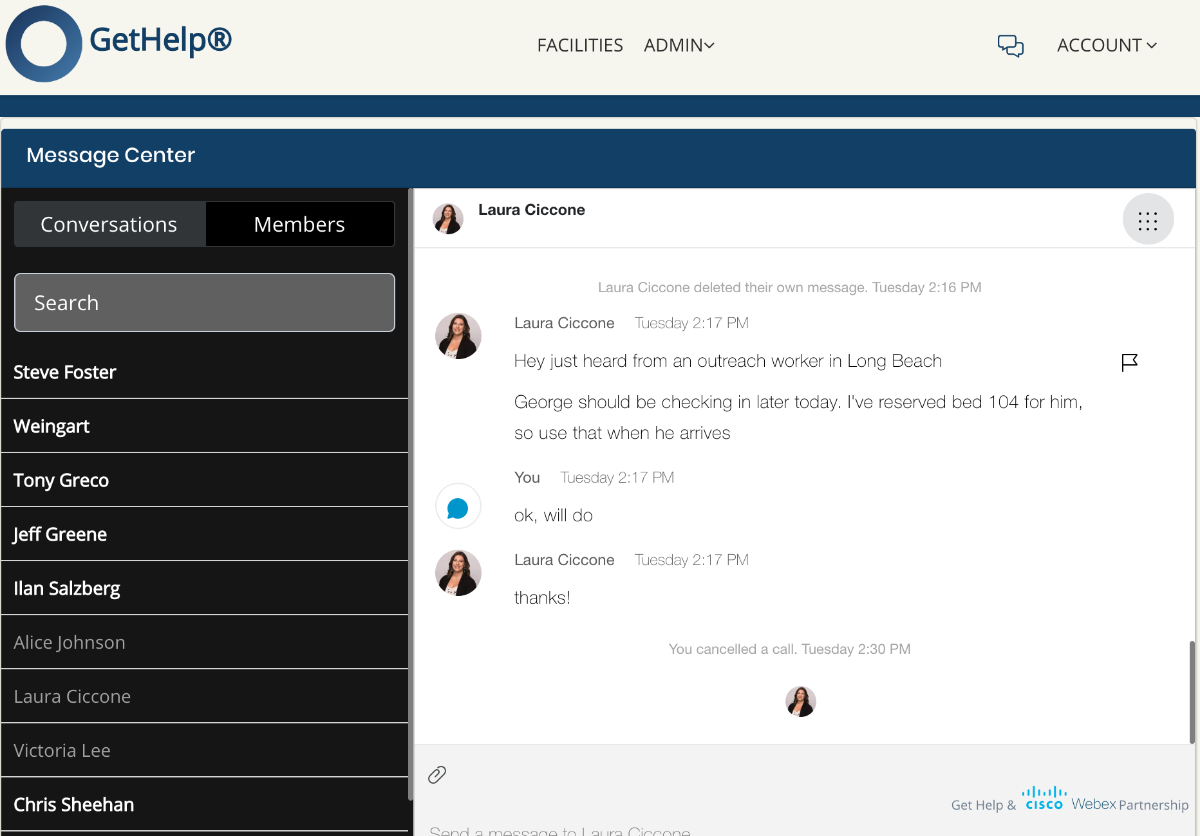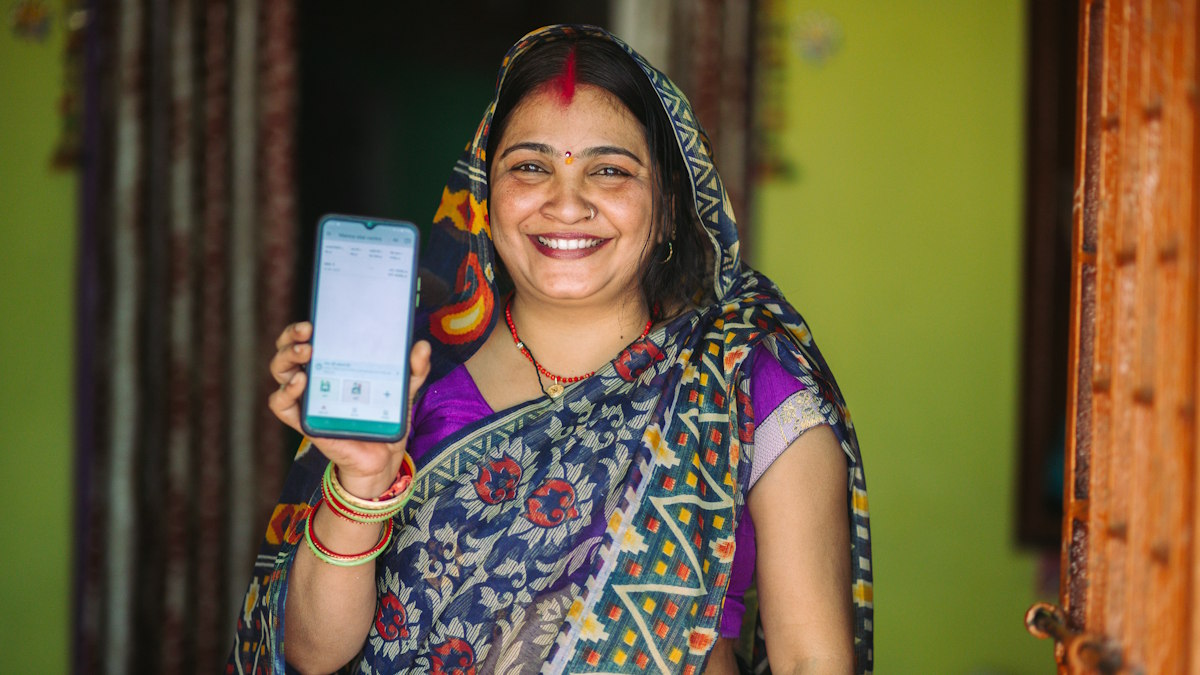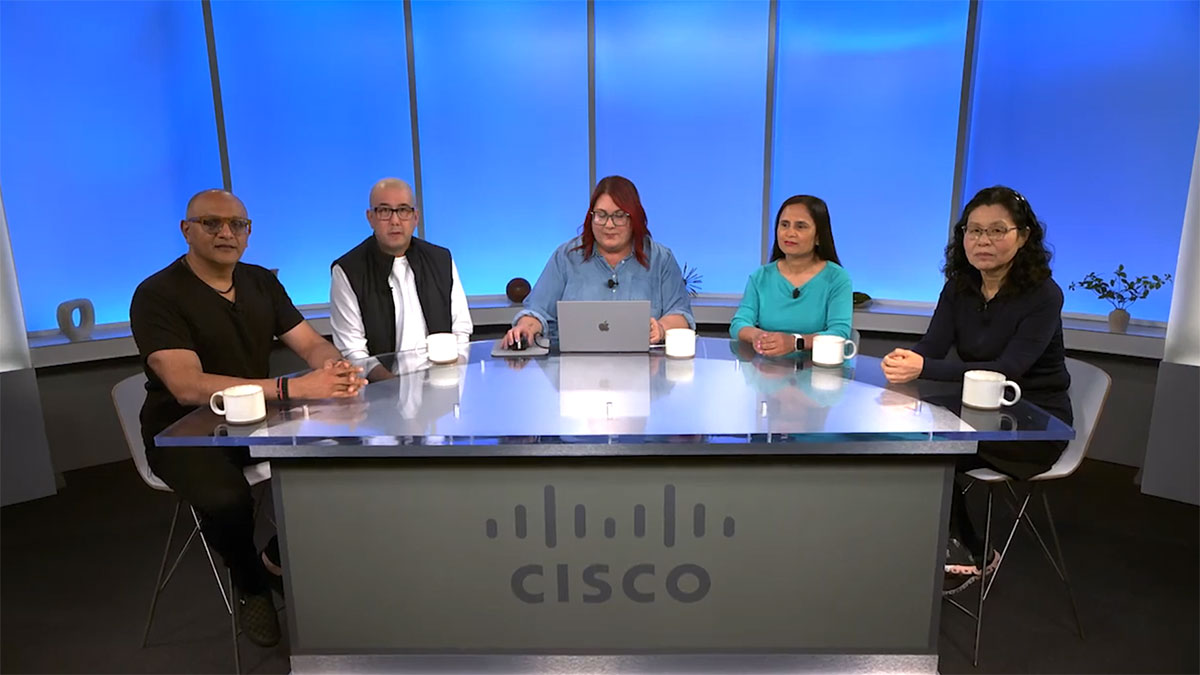This is a guest post by Laura Lawton.
“I’ve been trying to get people into treatment since I was seven years old. As a result of my parents’ mental illness I was homeless at fifteen. I believed doctors or experts had the secret, so I got a doctorate in psychology. What I discovered was that professionals can’t get people into treatment any easier than a seven year old.”
This powerful testimonial is from Dr. Tony Greco, a licensed clinical psychologist with over 20 years of experience working with addiction and severe mental illness. I spent some time learning about Dr. Greco’s patented Get Help® platform that provides professionals and consumers a faster, effective, and ethical way to find resources for people experiencing homelessness.
What is Get Help®?
Get Help® is a mission-centric company founded, owned, and operated by a licensed psychologist. Collectively, the Get Help team has over 400 years of recovery experience, with deeply rooted and respected relationships among the industry’s top professionals. There are absolutely zero financial investments or paid affiliations to any facilities. The search tools are advertisement-free. Treatment providers do not pay for leads, connections, or clients, and the search algorithms cannot be manipulated by ad-words or SEO. Get Help® is providing tools to treatment providers, first responders, and professionals to help them work more collaboratively and do their jobs more effectively. Because of Get Help®, they have more time to do what they are best at: helping others.
What is the company’s goal?
Get Help® aims to better connect those seeking treatment with the services that match their precise needs. The company is restoring the power of “search” to the people, democratizing the data, and making it easier for professionals to help patients. They are creating a paradigm shift, not just in the governance of the substance abuse and mental health industry, but universally across health care. Get Help®, in collaboration with its municipal partners, is starting at the most severe intersection of these problems: homelessness. Dr. Greco reflected that, while not all people experiencing homelessness are addicted or mentally ill, there are a disproportionate number of people who experience homelessness who also experience addiction or mental illness. Greco believes that if we start with these individuals---getting help to those most chronic cases---we make it easier for anyone, anywhere to get the help they need when they need it.
See also: A students love for networking evolves into teaching others
What is the Get Help® platform?
The patented Get Help® platform is for the providers of services, treatment, and shelters to interact seamlessly with first responders, therapists, clinicians, and professionals who regularly face the challenge of finding appropriate treatment or continued care in a timely manner for patients. Using mobile- and web-based applications, users can interact with the platform, updating their data in real time, searching over 20,000 active listings using key terms, and refine results based on location, price, treatment approaches, accepted insurance providers, and more. The platform uses proprietary algorithms and geo-coding to identify hospitals, addiction care centers, sexual assault resources, shelters, and other types of help that are near a person experiencing homelessness.

What motivated you to develop this platform?
A good friend of Dr. Greco’s relapsed after being clean and sober for 27 years. She had a psychotic break and was wandering through the Las Vegas desert. Greco, the psychologist in the family, was asked to help her. He rented a car, drove out to the desert and found her. After an impromptu intervention, Greco called his recovery community to find a facility. Calling his closest friends, some of them titans in the treatment industry, he wasn’t having any luck. Greco then proceeded to continue calling for hours, again without a positive outcome. Frustration, sadness, and exhaustion set in and Greco thought, “With 20 years clean and a doctorate in psychology, if I’m having this much trouble finding my friend help, what are non-professional people going through?”
“We will end the homelessness crisis when finding a bed is as easy as ordering food or getting a ride. Through our collaboration with Cisco, we are creating solutions that are simple, scalable, and sustainable.” -Tony Greco
His friend eventually got the help she needed, but Greco was intent on making sure others didn’t have the horrific experience he endured. “I set out on a path to create a tool that would help anyone, anywhere find treatment fast,” said Greco and that’s exactly what he did. “This wasn’t and isn’t a new problem. I just started to see it in a different light once I became a licensed psychologist and was still experiencing the same problem.” He continued, “Getting the education and experience in the treatment industry gave me a 360° of the problem, but more importantly, the potential solution.”
Where is Get Help® being used?
In May, the Los Angeles Police Department HOPE Team, often the “first responders” to calls involving homeless individuals, began testing a customized application on the job. The L.A. app will be used by the public in the future to empower citizens to become “first responders” as well.
Councilman Marqueece Harris-Dawson, who represents a South Los Angeles district, said that because many homeless people have smartphones, it can also serve as one more tool for people who are homeless, or are facing the possibility of ending up on the streets.
What are current and future plans for the Get Help® platform?
Greco said there are plans to make customized applications more powerful through further coordination with service providers. In addition, using Get Help’s® patented technology, the platform will capture the number of available beds at nearby shelters in real-time, and information about churches, temples and other faith-based organizations from around the city that are already helping people experiencing homelessness.
Cisco Webex technology, with telehealth capabilities, is being integrated into the platform to connect patients to intake counselors and social workers, thereby decreasing the workload on first responders and caregivers. In addition, some of the platform integrations will give users the ability to have case management conferences among the team providing services, decreasing the time it takes to coordinate an admission to a facility and plan for discharges or transfers. These folks could include law enforcement officials and others working on the front line with people who experience homelessness. The City of Long Beach, California, is evaluating the Get Help® platform to improve homeless-outreach services.
Get Help® is a California Benefit Corporation, a certified B-Corporation, and was recently voted Best for the World: Governance 2019. Greco is excited for the work that lies ahead, and for the impact that Get Help® gets to make, not just on the homelessness and opioid crisis, in addiction and mental health, but on the way that companies do business overall. “I’ve been on every side of this problem. Now we get to be on every side of a solution.”
###
We welcome the re-use, republication, and distribution of "The Network" content. Please credit us with the following information: Used with the permission of http://thenetwork.cisco.com/.



